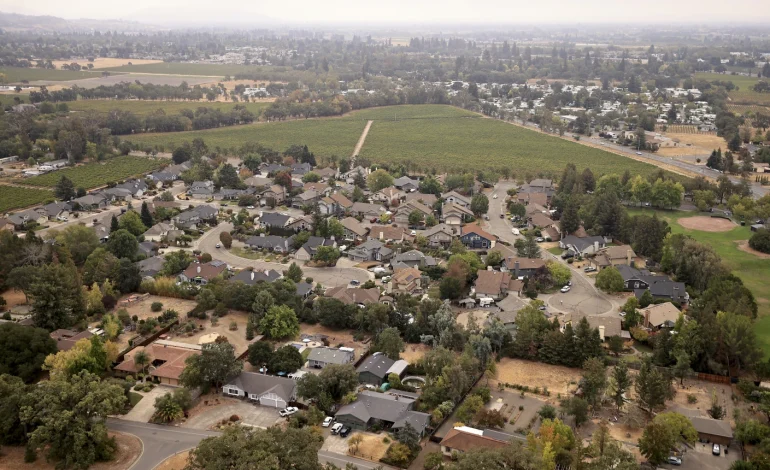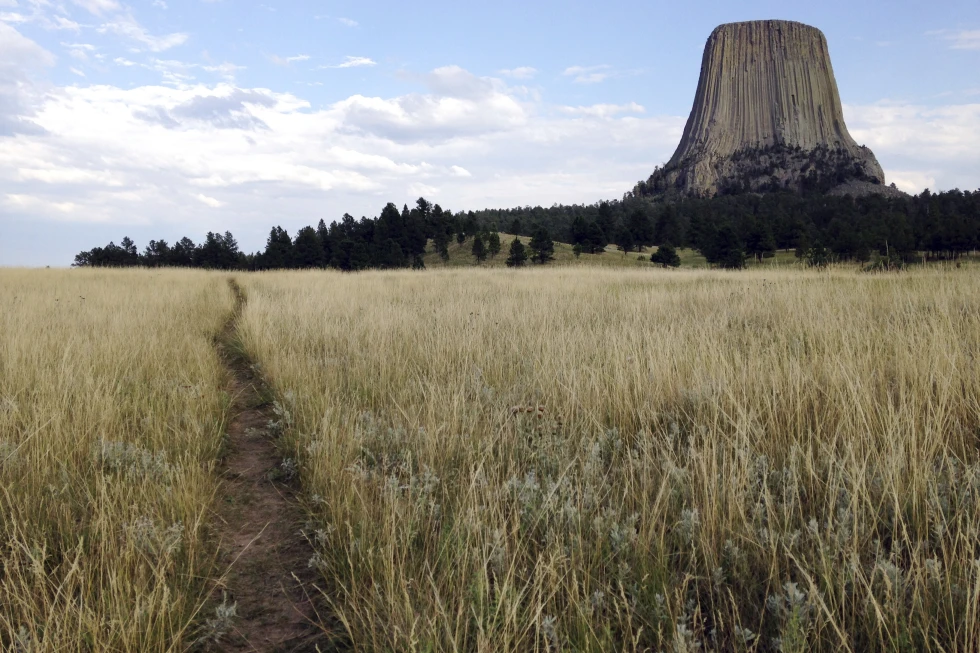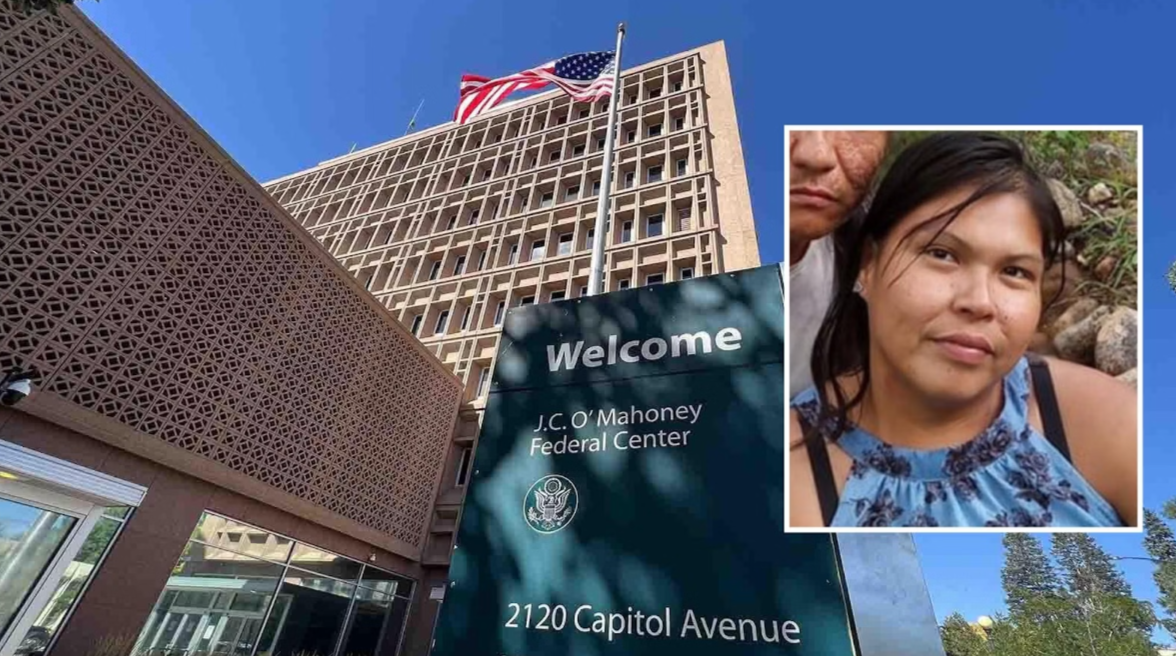Koi Nation’s Casino Dreams: A $600 Million Gamble in California Wine Country

A small, landless tribe in Northern California, the Koi Nation, is poised to make a big bet on the gaming industry, aiming to build a $600 million casino and resort in the heart of California wine country, The Associated Press reports.
The tribe’s ambitious project, the Shiloh Resort and Casino, has sparked controversy, drawing opposition from other tribes and even California Governor Gavin Newsom.
For decades, the Koi Nation, with only 96 members, has been seeking to secure land and build a casino, mirroring the success of other tribes across the nation. In a landmark ruling in 2019, a federal court paved the way for the tribe to acquire land and place it into trust, making it eligible for a casino. Now, the Koi Nation has partnered with the Chickasaw Nation of Oklahoma, owner of the world’s largest casino, to purchase a 68-acre parcel in Sonoma County for $12.3 million.
The fate of the project hinges on a decision by US Department of Interior Secretary Deb Haaland, who must determine if the land will be placed into trust. This move would allow the Koi Nation to build a 2,500-slot machine casino, a 400-room hotel, spa, and pool.
The proposed casino would be located near Windsor, just a few miles from two existing Native American casinos: Graton Resort and Casino in Rohnert Park and River Rock Casino in Geyserville. The project has attracted fierce criticism, with some arguing that the Koi Nation’s ancestral home lies in Lake County, not Sonoma County.
Greg Sarris, chairman of Graton Rancheria, a tribe with over 1,500 members, is a vocal critic of the project. Sarris contends that the Koi Nation is not historically or culturally connected to the Sonoma County land and is simply seeking to capitalize on a lucrative tourism destination.
The Koi Nation, however, maintains that their ancestors traded with other tribes in Northern California, including Sonoma County, and that their forced relocation in the early 20th century led them to settle in the area. They argue that the casino would provide economic opportunity for their members, including educational resources for younger generations.








